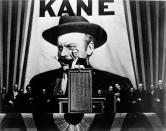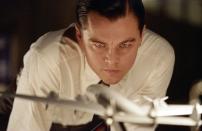15 films that didn't deserve the best picture Oscar – and the ones that should have won instead
After 95 years of Oscar best pictures, the Academy's bound to get one wrong now and then.
Amazingly, they got it pretty right in recent years: In 2020, South Korean director Bong Joon-ho's "Parasite" became the first foreign-language film to win the prized category in Oscars history, galvanizing all corners of the movie industry, and it was followed by inspired choices including "CODA" in 2022 and "Everything Everywhere All at Once" last year. (Though we're still a little miffed "RRR" didn't even rate a best picture nod.)
Sometimes, it's a little more chaotic. Remember Envelopegate? At the 2017 Academy Awards, the musical "La La Land" was named best picture – and then it wasn't, when the correct envelope revealed indie drama "Moonlight" as the winner. As if the gods of cinema inserted themselves to make sure the right movie was honored rather than the one with the guy trying to save jazz.
Or you have a situation like the 2019 ceremony, where we all thought "Bohemian Rhapsody" would be the worst-case scenario. Instead, "Green Book" took the Oscar and left a bad taste in some mouths.
"The ref made a bad call," Spike Lee said that night. Well, it wasn't the first time.
Before another movie joins the hallowed ranks at the 96th annual Academy Awards on March 10 (ABC, 7 p.m. ET/4 PT), we're rethinking past best picture winners and the films that should have conquered them.
1942

Did win: "How Green Was My Valley"
Should have won: "Citizen Kane"
Perhaps the most egregious mistake came relatively early in Oscars history, with John Ford's coal-country drama – which took five Academy Awards to alone "Kane" screenplay win – getting the nod over Orson Welles' epic about an eccentric media mogul that is widely regarded as the best movie ever made.
1953
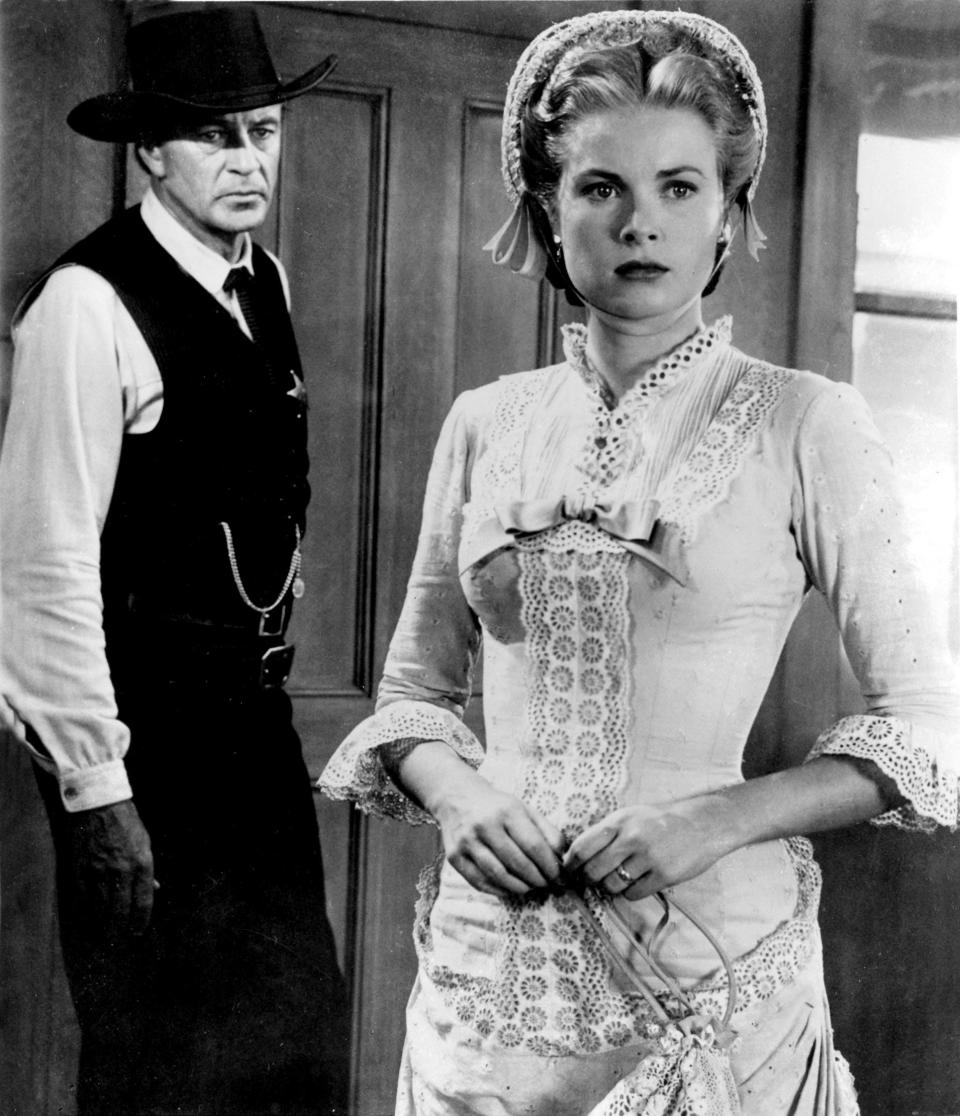
Did win: "The Greatest Show on Earth"
Should have won: "High Noon"
Even with a stellar cast – including Charlton Heston, Dorothy Lamour and Jimmy Stewart – "Greatest Show" is essentially a 152-minute commercial for the circus. They must have been clowning around because this category also included "High Noon," one of the greatest Westerns of the genre's golden age, with Gary Cooper as a cool lawman.
1967
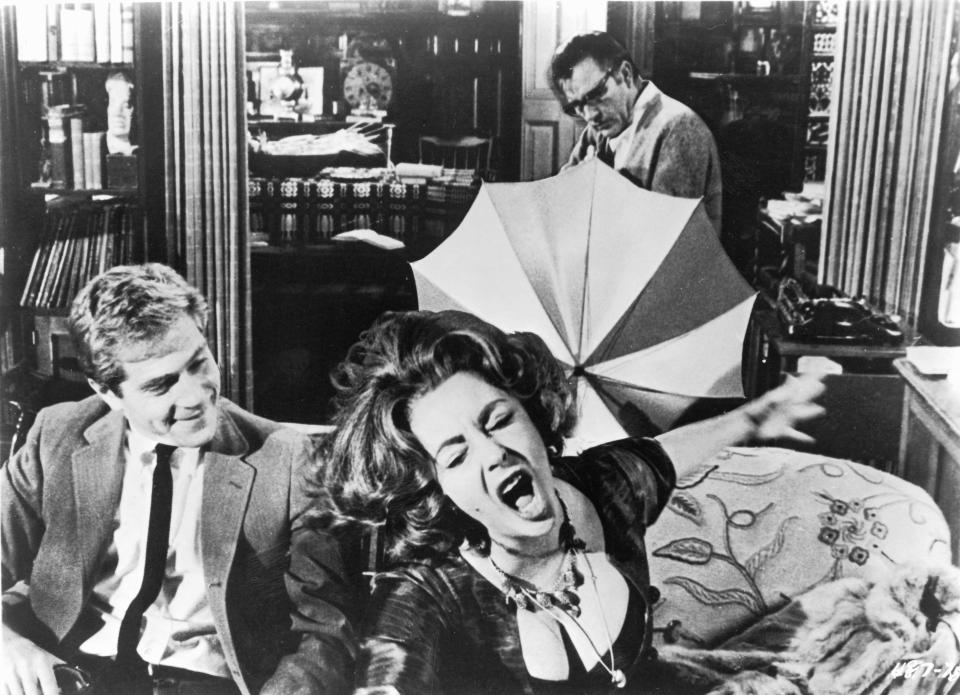
Did win: "A Man for All Seasons"
Should have won: "Who's Afraid of Virginia Woolf?"
That year's best picture win went to a rousingly successful Sir Thomas More biopic, along with a bunch of awards-season gold. But come on, "Man," they should have gone for Mike Nichols' debut black comedy about marital strife. It's absolutely nuts, risky for its time, and features astounding turns from Richard Burton and especially Elizabeth Taylor.
1974
Did win: "The Sting"
Should have won: "The Exorcist"
Both were huge hits that came in with 10 nominations, and Robert Redford and Paul Newman's ragtime-tinged con-man caper was the safe choice. "The Exorcist" was the true standout, a fright-fest masterpiece about faith and innocence that's scared the socks off audiences for nearly 50 years.
1980
Did win: "Kramer vs. Kramer"
Should have won: "Apocalypse Now"
Not to take anything away from the wrenching look at divorce with Dustin Hoffman and Meryl Streep, but "Apocalypse Now" was unlike any war film that came before it, an operatic and grandiose episode that delved into the horrors, physical and otherwise, inherent on the battlefield.
1982
Did win: "Chariots of Fire"
Should have won: "Raiders of the Lost Ark"
One was a true-life story of Olympic athletes that we remember now mostly because of its catchy theme song. The other was a rip-roaring, two-fisted and hugely influential ode to the serial adventures of yesteryear – with an adventurous archaeologist on the hunt for the Ark of the Covenant – that took pop culture by storm. And a "Raiders" win would have been a game-changer for blockbusters.
1986
Did win: "Out of Africa"
Should have won: "The Color Purple"
The epic romance with Robert Redford and Meryl Streep in colonial Kenya won over Oscar voters but not critics, who gave "Africa" mixed reviews. The Academy whiffed by not honoring a film with Whoopi Goldberg's Golden Globe-winning performance, Oprah Winfrey's high-profile Hollywood debut and Steven Spielberg's honest exploration of racism, sexism and domestic violence in the early 20th century.
1990
Did win: "Driving Miss Daisy"
Should have won: "Field of Dreams"
The pairing of Jessica Tandy and Morgan Freeman in a heartwarming dramedy about an elderly white woman and her African-American driver took down "Born on the Fourth of July," "My Left Foot" and "Dead Poets Society." Good movies all around, but none as excellent as the corn-fed Kevin Costner fantasy that captured the wonders of baseball and, yes, dreams.
1995
Did win: "Forrest Gump"
Should have won: "Pulp Fiction"
Tom Hanks literally running through history in the overly earnest "Gump" is what the Oscars, at least back in the day, lived for. Not so much Quentin Tarantino's genre mash-up "Pulp Fiction," an ultraviolent, narratively complex cultural phenomenon that wasn't just the best picture that year but arguably of the entire decade.
1997
Did win: "The English Patient"
Should have won: "Fargo"
Anthony Minghella's romantic World War II drama is a fine film, though it tests viewers' patience over the course of three hours. On the other hand, "Fargo" spawned a TV series and a fandom for the Coen brothers' winningly quirky black comedy about murderous deeds and dimwits in snow-covered Minnesota.
1999
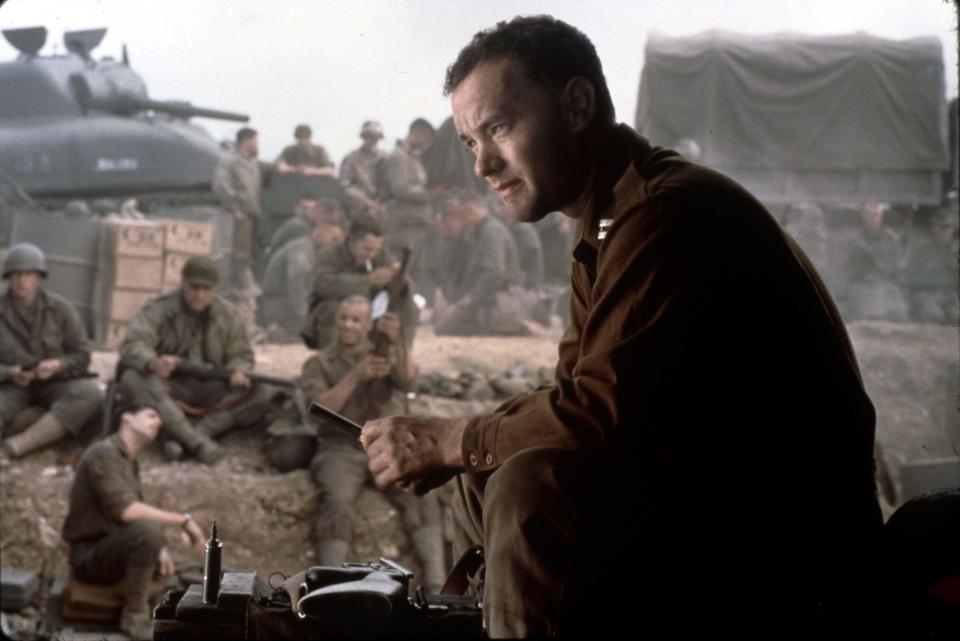
Did win: "Shakespeare in Love"
Should have won: "Saving Private Ryan"
"Dunkirk" and "1917" have also gone the route of putting the audience right in the middle of the horrors of war, but "Private Ryan" did it best – and with "America's Dad" Tom Hanks, no less. "Shakespeare" had an intriguing concept as a referential, experimental biopic but it has no business upending another Spielberg classic.
2005

Did win: "Million Dollar Baby"
Should have won: "The Aviator"
Martin Scorsese would end up getting his big Oscar win two years later for "The Departed" but it should have happened with "Aviator." The Howard Hughes biopic, piloted by Leonardo DiCaprio's fantastic descent into eccentric madness, is a no-brainer over Clint Eastwood's above-average boxing drama with the super-downer ending.
2006
Did win: "Crash"
Should have won: "Brokeback Mountain"
Paul Haggis' interwoven all-star drama about racial tensions in LA, plagued by mixed reviews and complaints of stereotyping, has caught flak for years as an Oscar fail. And it is, especially considering Ang Lee's timeless and resonant "Brokeback" was sitting right there, with Jake Gyllenhaal and the late Heath Ledger as cowboys in a forbidden love affair.
2011
Did win: "The King's Speech"
Should have won: "Black Swan"
The consensus at the time was that period drama "King's Speech," with Colin Firth's George VI working through a troublesome stutter, pulled an upset on David Fincher's vaunted Facebook bio "The Social Network." Yet flying above both was the polarizing "Swan," Darren Aronofsky and Natalie Portman's weird and wonderful character study of an embattled ballerina.
2019
Did win: "Green Book"
Should have won: "BlacKkKlansman"
"Green Book" is a fine, well-acted movie but on a night where many Black voices were honored, the top prize went to a film about race relations from a white point of view. Spike Lee's "BlacKkKlansman," however, would have been the ideal choice: an entertaining, thought-provoking cop drama that digs into America's racist past to mirror our own tumultuous times.
This article originally appeared on USA TODAY: Oscar best picture winners that weren't – and what should have won

 Yahoo Finance
Yahoo Finance 
